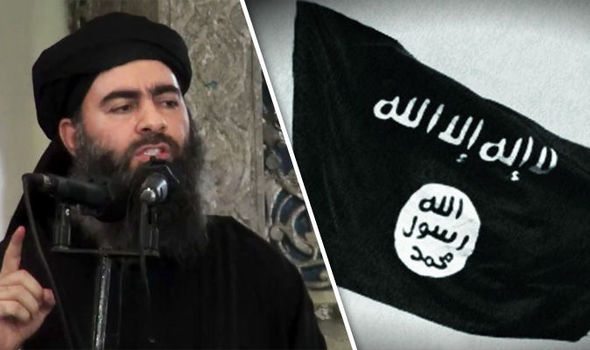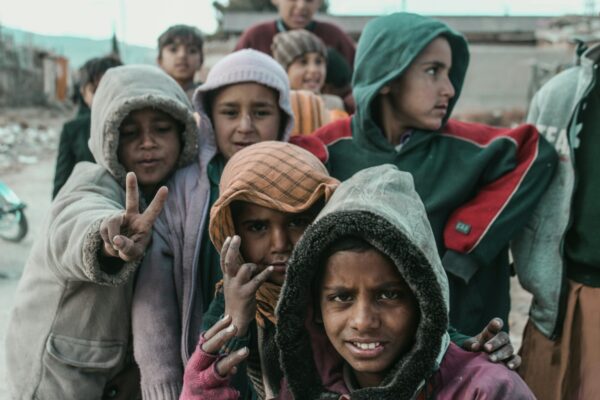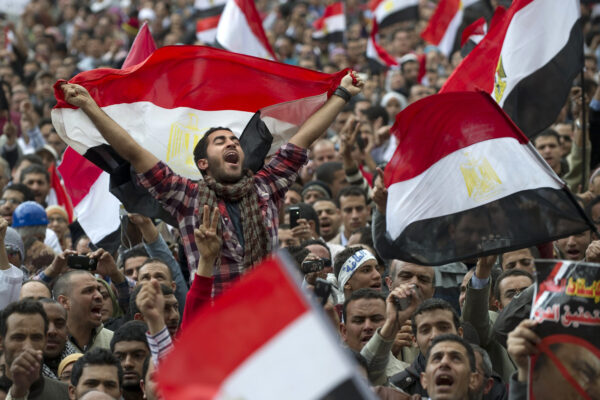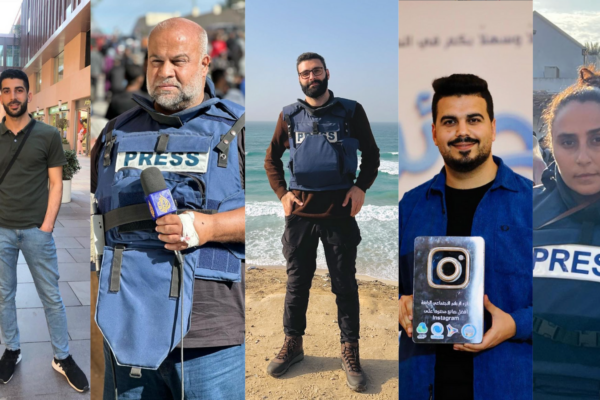“If I could have one wish for Syria it would be democracy”
“If I could have one wish for Syria it would be democracy”
I grew up in Syria, and I am proud of my heritage. I have dedicated my career to human rights and the fight for democracy which is why I defended political prisoners like Syrian detainee Ahmad Ali Hussein al-Masalama, who died under torture in 2005. I have also defended many Syrian women detained in prisons during the Syrian Revolution, who had spoken out for the need for democracy. This includes Jihan Amin – a brilliant human rights lawyer. This led to me being attacked and threatened by the Syrian regime. This is why since coming to the UK, I set up Syrian House, an organisation supporting Syrian and Arab people who need help accessing information on local services such as healthcare, education or legal support.
It would take many thousands of pages to set out Syria’s complex political history. However, this piece analyses the complexities involved, and why it is so important for all of us to continue to care about the innocent people who remain there.
Where is Syria and what does the country look like?
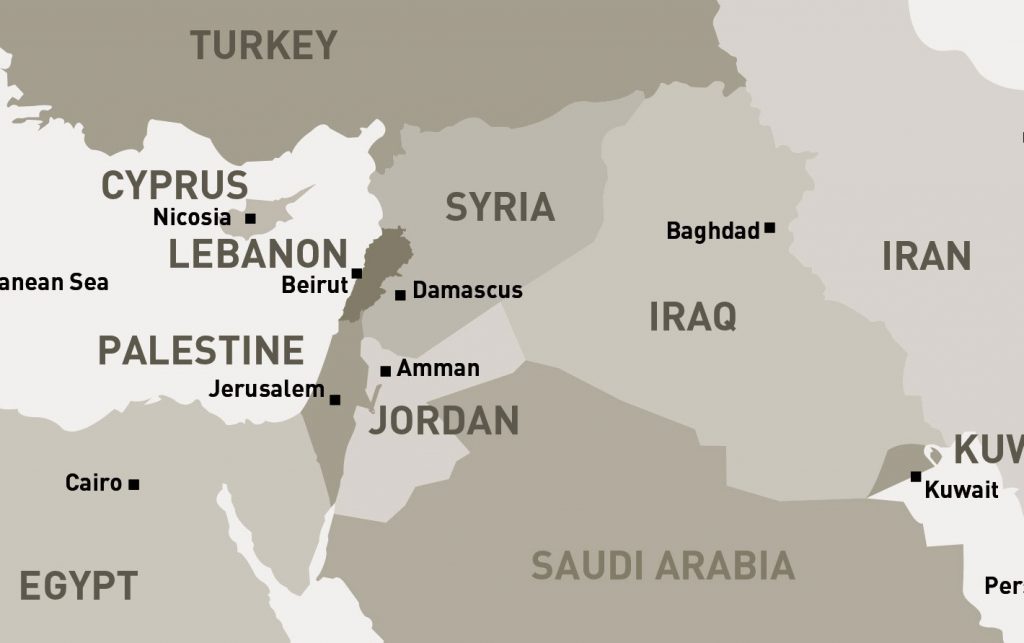 Syria is one of the most complicated regions in the world. It is in the heart of the Middle East, bordering Lebanon, Turkey, Iraq and Jordan. History has always shaped the nation’s identity, with Syria once known as the cradle of civilization and celebrated for its rich cultural heritage.
Syria is one of the most complicated regions in the world. It is in the heart of the Middle East, bordering Lebanon, Turkey, Iraq and Jordan. History has always shaped the nation’s identity, with Syria once known as the cradle of civilization and celebrated for its rich cultural heritage.
While Sunni Muslims make up the religious majority, the country is home to a multitude of ethnicities, religions and sects. This includes Christians and Jews, Shias, Alawite Shia Muslims, Armenians, Assyrians, Kurds and Yazidis. Tensions have long existed between different groups, particularly over competing political interests and interpretations of Islam. Since the early 1970s political power has been concentrated in the hands of the political elite under President Bashar al-Assad and his father before him, fuelling instability and sectarian resentment ever since.
How did the conflict start?
Syria has been involved in countless conflicts, invasions and foreign occupations over the past few centuries. To understand the current political situation, we need to turn our attention to what became known as the ‘Arab Spring.’ In early 2011 the leaders of two authoritarian governments in Tunisia and Libya were dramatically toppled from power. A wave of pro-democracy uprisings began to sweep through the Middle East and North Africa, reaching Syria’s capital Damascus a few months later. Protesters were motivated by a combination of economic woes and a lack of political freedom. The government’s harsh crackdown on protesters only fuelled this resentment further and rebel groups began to mobilise against the repressive Assad regime.
What started as a peaceful civilian demand for political freedom and democratic change quickly escalated into a violent civil war. Civilians became caught between the grip of competing rebel groups, government forces and the brutal agenda of terrorist groups like Daesh. Rather than offering genuine democratic change, extremists were just as opposed to the principles of the revolution as Assad, hijacking the people’s needs for their own gain. It is against this complex political landscape that the fight to reclaim Syria from extremists has been fought ever since.
The origins of Daesh
The links between Al-Qaeda and Daesh are far closer than many may imagine. The roots of Daesh trace back to Al-Qaeda in Iraq and was started in 2004 by Jordanian jihadist Abu Musab al-Zarqawi. He himself pledged allegiance to Osama Bin Laden, one of the most notorious terrorists in history.
When Abu Bakr al-Baghdadi took over the leadership of Al-Qaeda in Iraq in 2010, he announced the group would be known as the “Islamic State in Iraq and Syria”, known to us as Daesh. Daesh as an acronym means Dawlah al-Islamiyah fi Iraq wa as-Sham (the Islamic State of Iraq and the Levant), a term which has pejorative connotations in Arabic. This is why Daesh themselves threatened to “cut the tongue” of those who use it. Baghdadi led militants into Syria during the revolution.
Tensions also grew because Zawahiri, leader of Al-Qaeda wanted Daesh to stand down and respect Al-Nusra Front (another terrorist group, now known as Hayat Tahrir al-Sham) as the Syrian Al-Qaeda affiliate. Daesh wouldn’t do so and so tension between the militants arose as a result. There are also reports that some soldiers who were once in Sadam Hussein’s army in Iraq have made their way into terrorist groups, serving under the militants. The landscape of extremism in the region is therefore deeply complex, as is the origins of Daesh itself.
The rise of Daesh brutality in Syria
Daesh are a Salafist Jihadist group, whose ideology is rooted in a primordial vision of Islam. Militants have adopted a radical interpretation of Sunni Islam, seeking to restore Sharia law to the Muslim world and build a pan-Islamic ‘caliphate.’ They use this to justify abhorrent violence and persecution, including against Muslims and non-Muslims alike, as well as children and women. Rather than representing Islam, Daesh has no true religious foundation. Instead they hide behind religion as a means of gaining power.
There are estimates they have had over 30,000 militant recruits, using propaganda to radicalise people across the world, including young Muslims from the UK. It was once one of the wealthiest terrorist groups in the world, with an annual revenue of more than US$1 billion, derived largely from selling oil from captured oilfields. They have now lost much of this resource and rather than investing in the next generation, it was used to fund yet more terrorism.
What has been the impact on ordinary Syrians?
It is civilians who are of course bearing the bloodiest cost and the scale of suffering is hard to overstate. Women, children and men have been affected by brutality beyond belief. Daesh has become known for its use of car explosives and suicide bombers, as well as public beheadings and beatings. This is not only done to ‘punish’ Syrians but to strike fear in those under their control – with severed heads paraded on poles and executions filmed, circulated on the internet. It is devastating for me to know how much damage, death and destruction they have caused for my country – selling a false vision and delivering poison. There are also reports that even when recruits have come to their senses and tried to escape, their passports have been seized and they have been forced to remain under dire conditions.
Women, in particular, have been cruelly targeted. In areas where terrorists exercise control, women are subject to a range of repressive restrictions, from what they can wear, who they can talk to and which parts of the cities they are allowed to visit. Sexual violence, rape and kidnap are daily occurrences for many Syrian women.
Daesh have targeted women as a way of not only controlling local populations but as a means of luring recruits. Recent reports found that the promise of a wife and sexual slave was one of the most significant factors motivating foreign fighters to travel to Iraq and Syria. Yazidi women, a Kurdish ethno-religious minority, have faced particularly ruthless persecution. There have been countless, horrifying testimonies from Yazidi women abducted by Daesh militants and kept as sex slaves, including girls as young as ten.
In an attempt to rewrite the history of Islam and eradicate Syria’s proud heritage, Daesh destroyed many of Syria’s schools, mosques and churches. They also demolished and looted some of the country’s most precious archaeological treasures, including the ancient city of Palmyra.
What is the current political situation?
Daesh’s hold over the country is now rapidly collapsing. They have suffered a string of military defeats at the hands of opposition forces, losing over 85% percent of territory. The recent liberation of Raqqa is particularly significant. Raqqa is a major city in the North-East of the country and was seen as the ‘crown’ of the so-called caliphate. There were reports of infighting and defections as Daesh militants grew increasingly desperate – using civilians as human shields as they fled the city.
Sadly, this doesn’t mean that the threat of extremism is over. As Daesh’s presence in the region continues to shrink, other extremist groups are preparing to exploit any vacuum left behind. One of these groups is HTS, the terrorist group closely linked to Al-Qaeda. HTS has tried to exploit humanitarian concerns by presenting itself as a force for good in Syria, despite their use of violence and links to terrorism. Like Daesh, the group claims to speak for vulnerable Sunni Muslims worldwide and has attempted to co-opt the suffering of the local population. Only recently HTS fighters literally trod all over the ‘Free Syria’ flag. They have therefore been met with strong resistance from civilians, serving as proof that ordinary Syrians do not want more violence.
It would, however, be a mistake to assume that the threat posed by Daesh has disappeared completely. Even in Raqqa, militants left behind IEDs in order to wreak further damage once they had left and there are fears they will rebrand and re-emerge stronger than before, perhaps as an insurgent guerrilla group.
Freeing cities from Daesh control is, of course, welcome, but maintaining peace and security in the region will be an even greater challenge. The moderate majority have suffered years of persecution, with many killed or imprisoned, or forced to flee. This means that ordinary Syrians, who just want peace, risk being crushed between terrorists on one side and pro-Assad forces on the other.
The hope for a future with democracy
As the civil war in Syria enters its seventh year, the conflict is sadly not over. Many children have been left orphaned, lives have been irreversibly damaged and there is no doubt that it will take generations for the country to recover. It is my belief that there is now no going back for Syria, and that means no more silence and no more dictatorship. Every act of extremism or terrorism is a corrosive harm which we must all reject. I am privileged to live in the UK and consider it my home but I am determined to see a better future for the next generation of Syrians.
If I could have one wish for Syria it would be democracy. My hope is that just like in the UK, the next generation of Syrians can benefit from education and human rights – seeing them as expectations, not aspirations.
There is a great deal of humanitarian support available and the international community must help the country to build a future free from violence. After all the vast majority of Syrians do not want extremism or terrorism. Like me, they just want democracy and peace.
by Bahia Mardini
Bahia Mardini is a human rights adviser and founder of Syrian House
